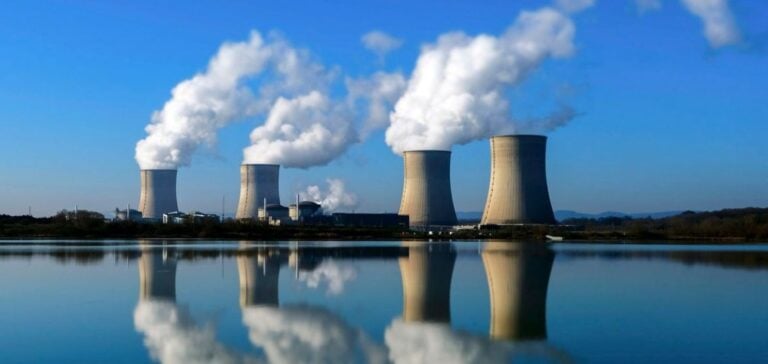EDF has notified the French Nuclear Safety Authority (ASN) of a significant safety event at level 1 on the INES scale, following the discovery of a sensor fault at the Cattenom nuclear power plant. The late detection of this fault, dating back to March 2024, was brought to light during tests and checks carried out on July 6, 2024.
This sensor, crucial for monitoring the operating parameters of a production unit’s turbine, was declared unavailable well after the maximum repair time of three days. EDF points out that this sensor plays an essential role in reactor control and protection, being able to trigger automatic shutdown commands in the event of turbine failure.
Impact and Safety Measures
Despite this defect, EDF assures us that the safety of the installations has not been compromised. The other redundant sensors remained operational, guaranteeing continuity of monitoring and protection functions. Every year, around a hundred similar Level 1 events are recorded in France, with no major impact on plant safety.
The Cattenom power plant, near Thionville, comprises four pressurized water reactors with a unit capacity of 1,300 MW, commissioned between 1986 and 1991. These reactors generate around 37 TWh per year, representing 7% of EDF’s national output.
Analysis and outlook
This incident highlights the importance of rigorous maintenance and early detection systems in nuclear facilities. Robust safety protocols and redundant systems are essential to prevent major accidents. Rapid, transparent communication from EDF and ASN helps maintain public and stakeholder confidence in nuclear safety management.
The event also serves as a reminder of the nuclear industry’s ongoing challenges in terms of preventive maintenance and technological updating. Rapid detection and correction of anomalies are crucial to guaranteeing plant safety and efficiency, while minimizing the risk of incidents.
The incident at the Cattenom power plant underlines the importance of vigilance and proactive maintenance in the nuclear sector. The corrective measures put in place and the effective communication from ASN and EDF demonstrate appropriate management of the situation, ensuring the continued safety of French nuclear facilities.






















